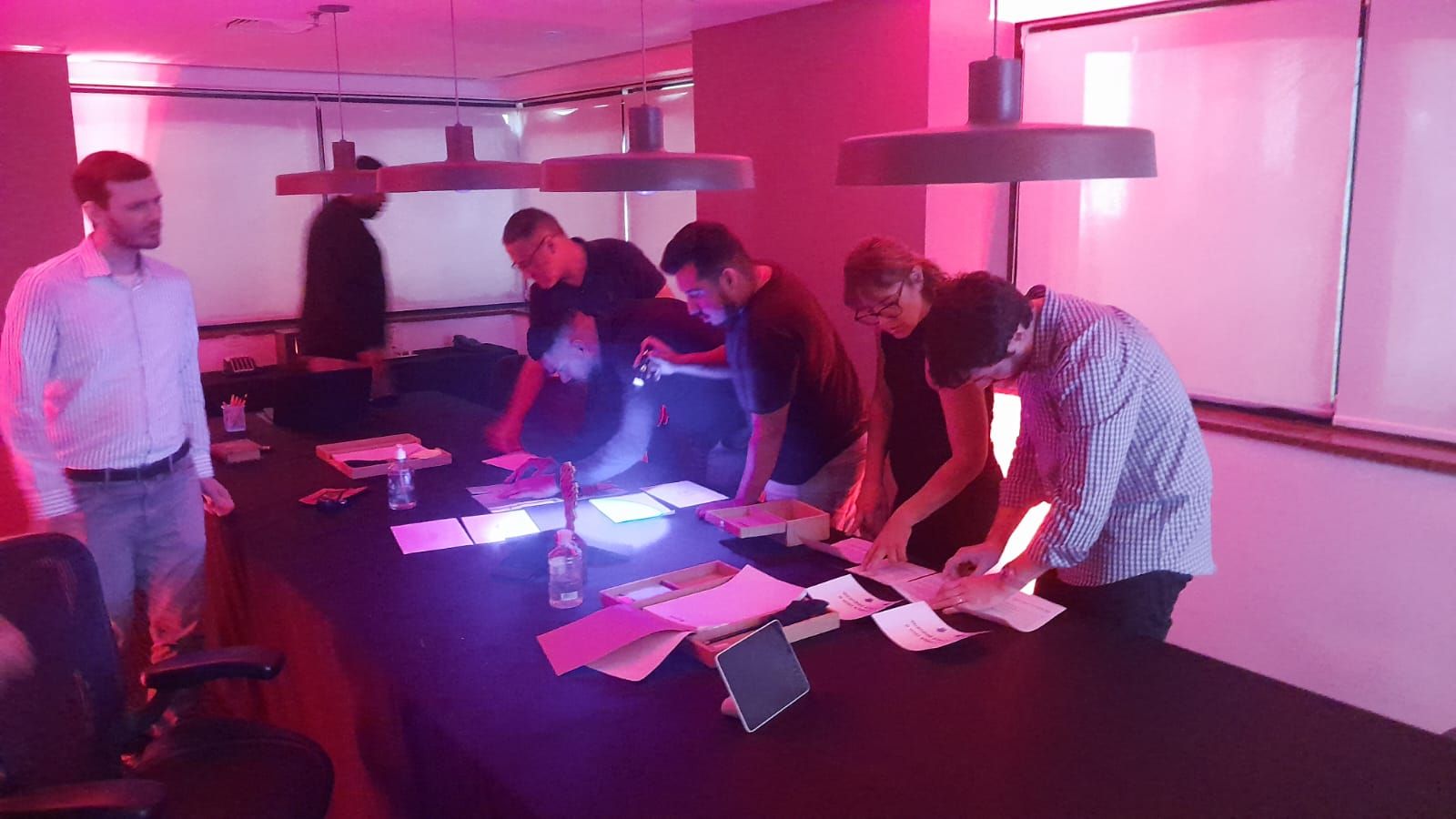
Experiential Learning: How Direct Experience Strengthens Ethical Culture in Organizations
Why is experiential learning so powerful?
Science has long shown that we learn much more effectively when we are actively engaged in an experience rather than merely listening or reading about it.
According to studies by David Kolb (1984), creator of the Experiential Learning Theory, the learning cycle is only completed when individuals live through a concrete experience, reflect on it, draw concepts from that reflection, and then reapply the knowledge in new situations.
In other words: talking about ethics is not enough. It must be lived.
Furthermore, neuroscience research (Immordino-Yang & Damasio, 2007) shows that emotionally charged learning activates multiple areas of the brain, making it more memorable and directly influencing future decision-making.
In corporate environments, this translates into more conscious, prepared, and value-driven employees.
How the experience unfolded at Essentia
During the escape game, each stage reinforced a key competency:
-
Attention to detail: puzzles showed how small oversights can reveal major failures.
-
Ethical decision-making: real-world dilemmas required choices that shaped the outcome of the game.
-
Agile reporting: teams experienced firsthand the importance of acting quickly to prevent risks.
-
Consistency: the activity ended by reinforcing that ethics is not just a one-time choice, but a continuous behavior.
In the end, the key message was clear: “All eyes are open.” In practice, this means that an ethical culture can only be sustained when every employee assumes both individual and collective responsibility.
Benefits of experiential learning in companies
Investing in immersive methodologies such as corporate games brings proven benefits:
-
Higher knowledge retention – experiential learning can lead to up to 75% retention, compared to just 5% in traditional lectures (Dale’s Cone of Experience, 1969).
-
Emotional engagement – experiences activate emotions, increasing motivation and a sense of belonging.
-
Psychological safety – employees can test behaviors in a controlled environment without fear of failure.
-
Cultural transformation – values stop being abstract concepts and become everyday practice.
Conclusion
The experience carried out at Essentia demonstrated how experiential learning is a strategic tool to strengthen organizational values. In an increasingly complex corporate world, companies that invest in active, immersive methodologies take the lead in building more ethical, engaged, and resilient teams ready to face real-world challenges.
If your company also wants to transform training into experiences that inspire, engage, and stay with employees for life, get in touch with us.
Let’s create a tailor-made experience for your team.
References
-
Kolb, D. A. (1984). Experiential Learning: Experience as the Source of Learning and Development.
-
Immordino-Yang, M. H., & Damasio, A. (2007). We Feel, Therefore We Learn: The Relevance of Affective and Social Neuroscience to Education. Mind, Brain, and Education.
-
Dale, E. (1969). Audio-Visual Methods in Teaching.
-
Edmondson, A. (1999). Psychological Safety and Learning Behavior in Work Teams.
